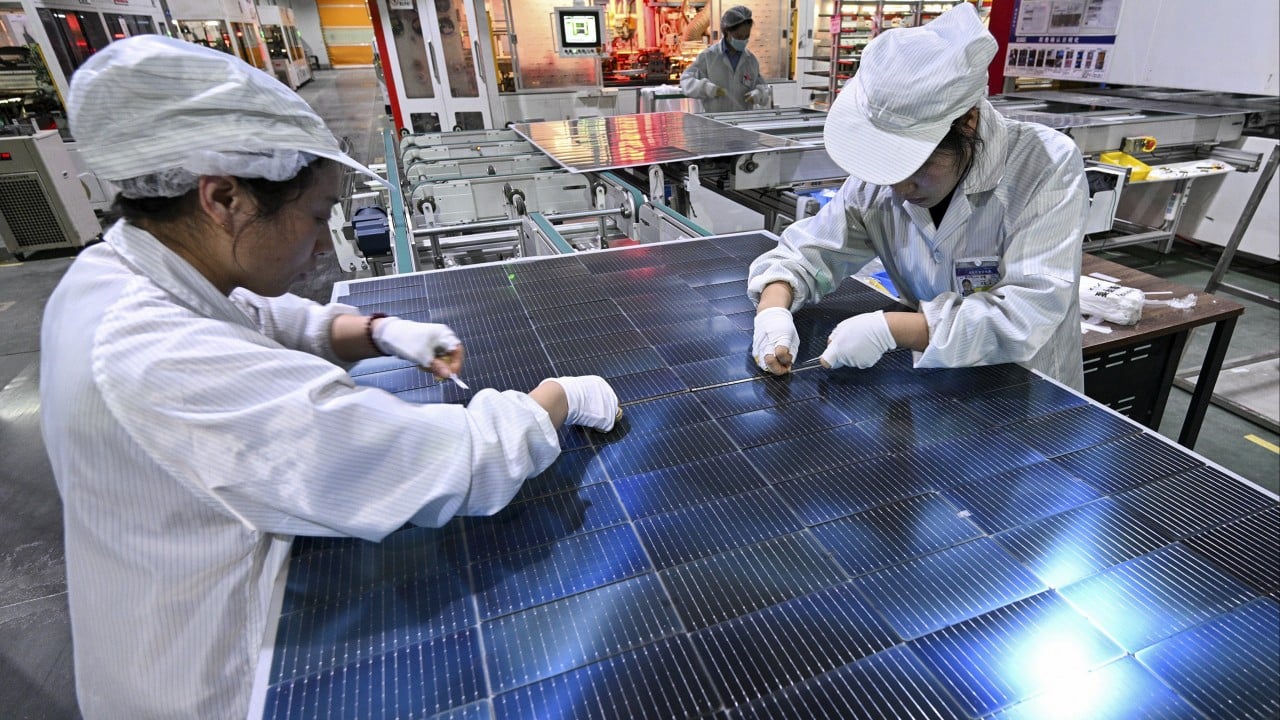“Made in China 2025” has been a success, resulting in a record trade surplus of nearly US$1 trillion in 2024. However, as the global economic landscape evolves and the geopolitical tensions between China and the West intensify, it is imperative for Beijing to transition from a “Made in China” model to an “Innovate in China” strategy. This shift is not only crucial for sustaining economic growth but also for mitigating the risks associated with an overreliance on exports.
Advertisement
Launched in 2015, the Made in China 2025 initiative strives to secure China’s position as a global powerhouse in hi-tech industries, including solar panels, electric vehicles (EVs) and aircraft.
With government support through direct subsidies, cheap credit and inexpensive land, these industries have flourished. Chinese-made solar panels and batteries dominate their markets. Also, pure EV sales of BYD surpassed Tesla’s in the last quarter of 2024, and DJI captured 90 per cent of the global market in consumer drones.
Behind this success, there has been concern about low consumer demand in China since the Covid-19 pandemic. With anaemic domestic consumption and an oversupply of goods, Chinese manufacturers have been forced to lower prices to compete for demand. This, in turn, could lead to deflation. Prolonged deflation would impede economic growth by making consumers reluctant to spend in anticipation of further price drops.
Beijing has leveraged exports to sustain economic growth. China’s exports gained momentum last December, with a year-on-year increase of 10.7 per cent. This export-driven growth has been a vital engine for the US$18 trillion economy, especially as China grapples with a prolonged property crisis and shaky consumer confidence.
However, a heavy focus on exports could backfire for Beijing. First, it could trigger a backlash from other countries, including Brics partners like Brazil and new member Indonesia. These countries may see China’s dominance in exports as a threat to their own economic interests, leading to strained relations and potential trade disputes.

